Best Knee Pain Treatment in Gurugram
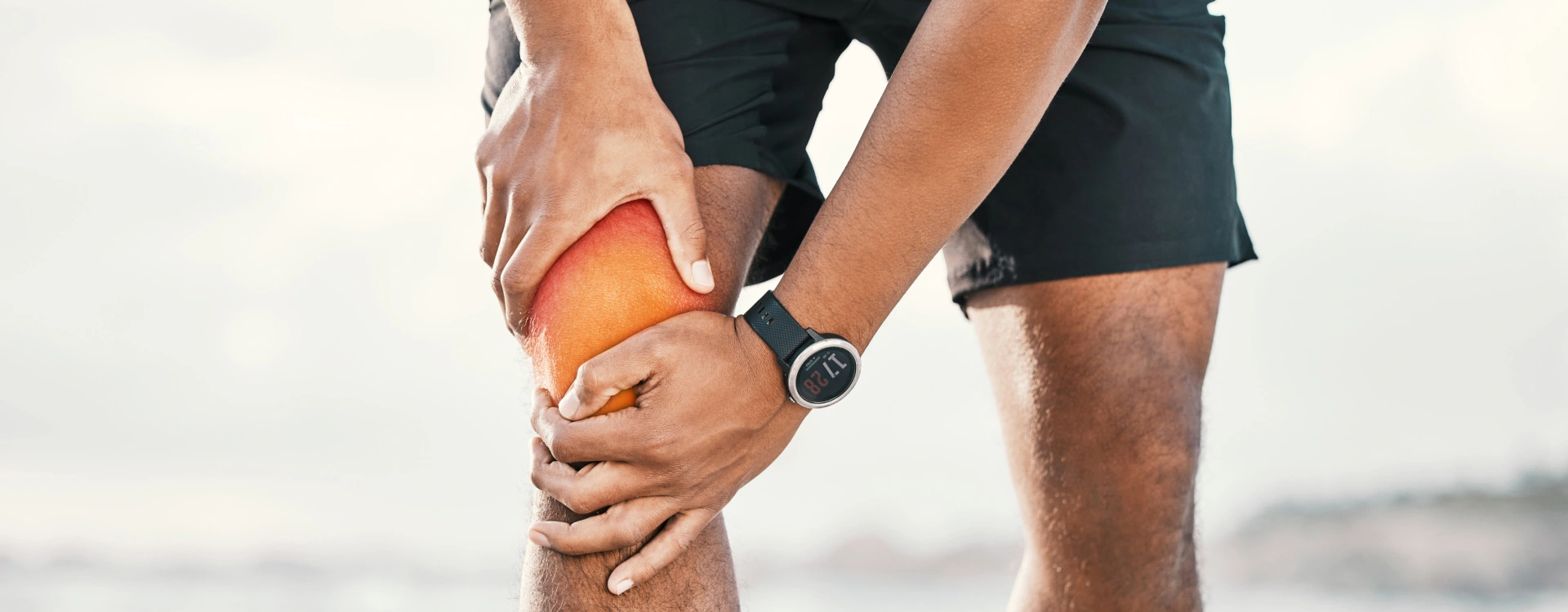
Knee pain is a common issue that can affect your mobility, flexibility, and overall quality of life. Whether caused by injuries, osteoarthritis, ligament tears, muscle weakness, or excessive strain, untreated knee pain can worsen over time, leading to chronic discomfort and limited movement. At Painflame, we specialize in advanced, non-surgical knee pain treatment in Gurugram, offering chiropractic care, physiotherapy, manual therapy, and rehabilitation exercises to provide long-term relief.
Our expert team focuses on diagnosing the root cause of knee pain and creating personalized treatment plans to restore joint stability, reduce inflammation, and improve strength. We use evidence-based techniques to treat conditions like meniscus tears, patellar pain syndrome, cartilage degeneration, and post-injury knee stiffness. Unlike temporary pain relief methods, our drug-free, movement-based therapies help prevent future knee problems and support long-term joint health.
If you’re struggling with persistent knee pain, swelling, or difficulty walking, our knee specialists in Gurugram can help you regain strength and mobility. Book a consultation today and take the first step toward a pain-free life.
How Knee Pain Affects Your Life
Limited Mobility
Knee pain reduces range of motion, flexibility, and strength, making it harder to walk, climb stairs, or bend. Without proper knee pain treatment, stiffness and joint damage can worsen.
Posture Problems
Chronic knee pain affects posture by altering weight distribution, leading to hip misalignment, back pain, and muscle strain. Poor movement patterns can increase long-term joint stress.
Daily Discomfort
Everyday activities like standing, sitting, or exercising become painful with chronic knee pain. Ignoring it may lead to persistent swelling, stiffness, and difficulty bearing weight.
Long-Term Damage
Untreated knee pain can cause cartilage breakdown, arthritis, and instability. Without timely care, it may lead to permanent joint damage, mobility loss, and chronic pain.
What’s Causing Your Knee Pain?
Ligament & Meniscus Injuries
Torn ACL, MCL, or meniscus injuries from sports, falls, or sudden movements cause swelling, instability, and sharp knee pain. Without treatment, they can weaken the joint and lead to arthritis.
Osteoarthritis & Cartilage Damage
Osteoarthritis leads to joint stiffness, swelling, and chronic knee pain due to cartilage breakdown and bone friction. It worsens over time, making walking and bending difficult.
Muscle Weakness & Joint Instability
Weak thigh and hip muscles fail to support the knee, leading to poor posture, joint misalignment, and excess strain on the knee joint, increasing the risk of pain and injuries.
Overuse & Inflammatory Conditions
Repetitive stress, high-impact activities, or conditions like rheumatoid arthritis and bursitis can trigger persistent knee pain, inflammation, and reduced mobility over time.
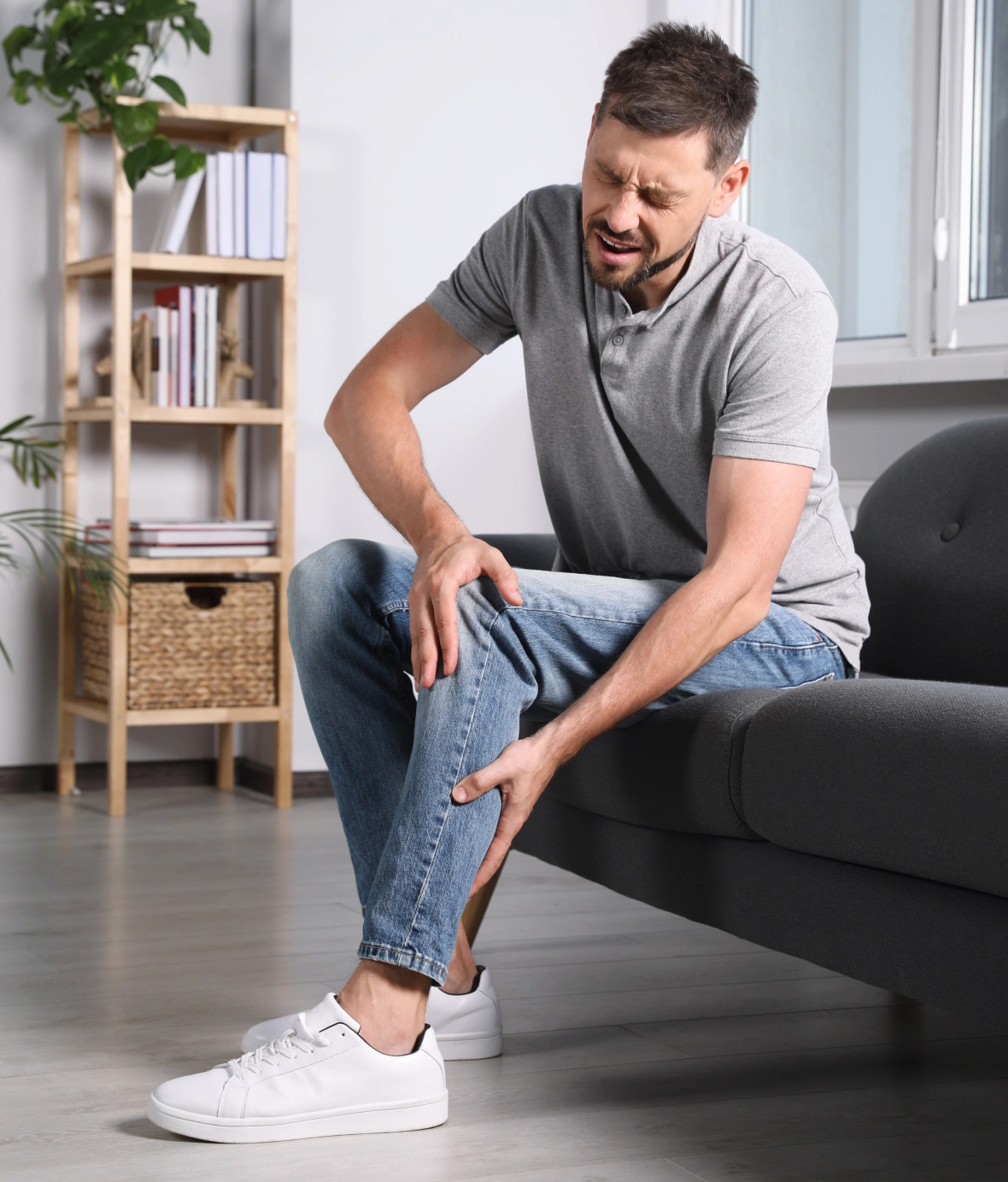
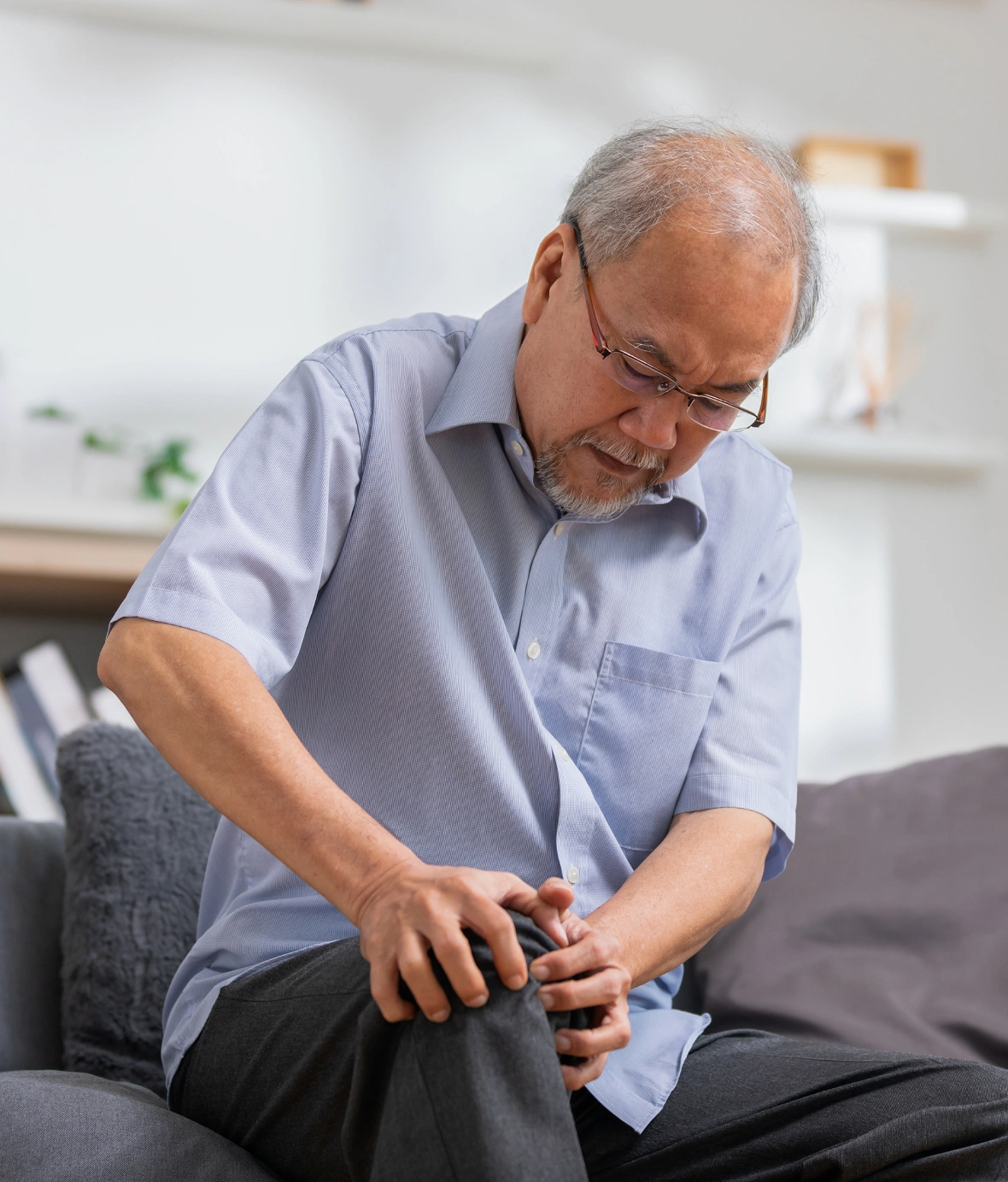
Effective Treatments for Knee Pain Relief
Physiotherapy for Knee Pain
Physiotherapy improves knee joint function by strengthening muscles, enhancing flexibility, and reducing stiffness. It includes targeted exercises, stretching, and balance training to relieve arthritis, ligament injuries, and joint instability, preventing future knee pain and mobility issues.
Chiropractic Care & Joint Mobilization
Chiropractic adjustments help correct knee misalignment, reducing joint stress and improving movement. By restoring proper alignment and patellar tracking, it eases pain from cartilage wear, posture imbalances, and patellofemoral syndrome, supporting long-term knee health and pain-free mobility.
Manual Therapy & Soft Tissue Techniques
Manual therapy techniques like myofascial release and deep tissue massage relieve muscle tightness, inflammation, and joint pain. These treatments are effective for overuse injuries, tendonitis, and bursitis, promoting better circulation, tissue healing, and improved knee flexibility.
Rebuilding Strength & Preventing Future Pain
Strengthening the knee and improving joint stability are key to long-term pain relief and injury prevention. Weak muscles, poor posture, and improper movement patterns increase stress on the knee, leading to chronic pain and mobility issues. A structured approach with exercise, therapy, and lifestyle modifications can help prevent future knee problems and restore full function.
Strengthening Knee Muscles
Stronger quadriceps, hamstrings, and calves support the knee joint, improving stability and shock absorption. Resistance training and bodyweight exercises help reduce strain and prevent injuries.
Improving Joint Flexibility
Tight muscles and stiff joints limit movement and cause knee pain. Stretching, yoga, and mobility exercises enhance flexibility, reduce stiffness, and improve range of motion, lowering injury risk.
Correcting Movement Patterns
Poor posture and incorrect movement mechanics cause knee strain. Postural training, gait correction, and functional therapy improve joint alignment, balance, and weight distribution.
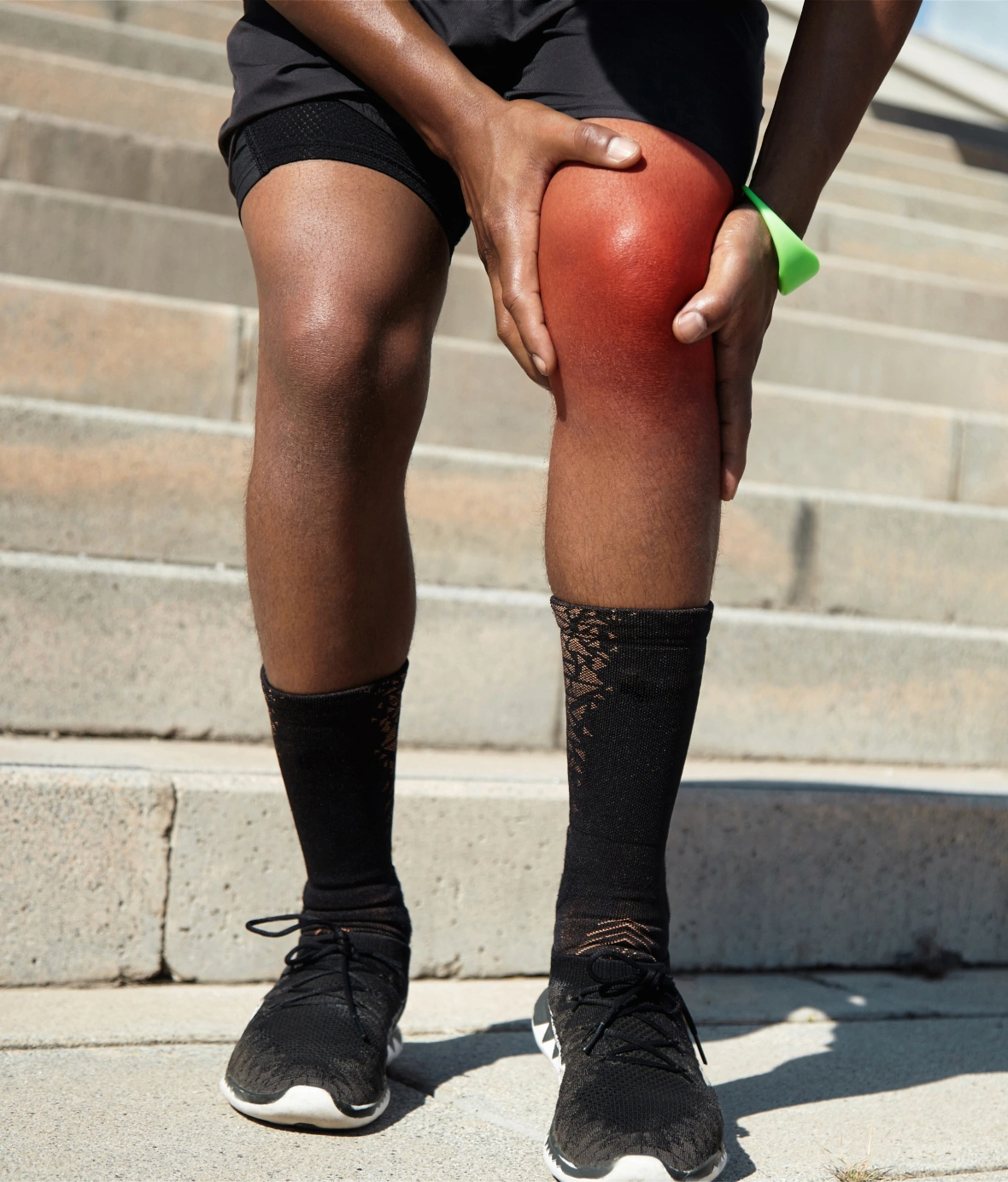
Frequently Asked Questions
What are the most common causes of knee pain?
Knee pain is often caused by injuries, osteoarthritis, ligament tears, overuse, muscle weakness, and poor posture. Conditions like bursitis and tendonitis can also contribute to chronic knee discomfort.
When should I see a doctor for knee pain?
You should seek medical attention if you experience persistent pain lasting over two weeks, swelling, stiffness, difficulty walking, or if the pain worsens with movement and daily activities.
What non-surgical treatments are available for knee pain?
Physiotherapy, chiropractic care, manual therapy, strength training, posture correction, and joint mobilization are effective non-surgical approaches to relieve chronic knee pain.
Can knee pain be treated without medication?
Yes, exercise therapy, chiropractic adjustments, lifestyle modifications, and alternative therapies like myofascial release and dry needling can effectively manage knee pain without medication.
How can I prevent knee pain from coming back?
Maintaining good posture, strengthening leg muscles, stretching regularly, wearing supportive footwear, and avoiding excessive strain can help prevent recurrent knee pain and injuries.

